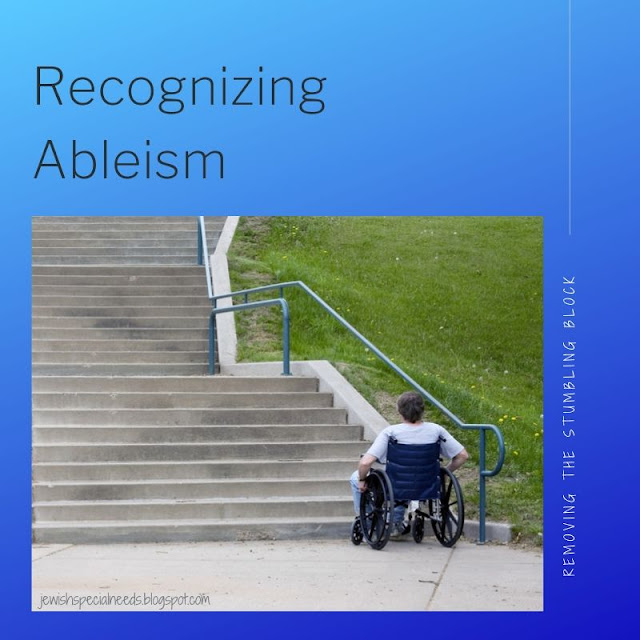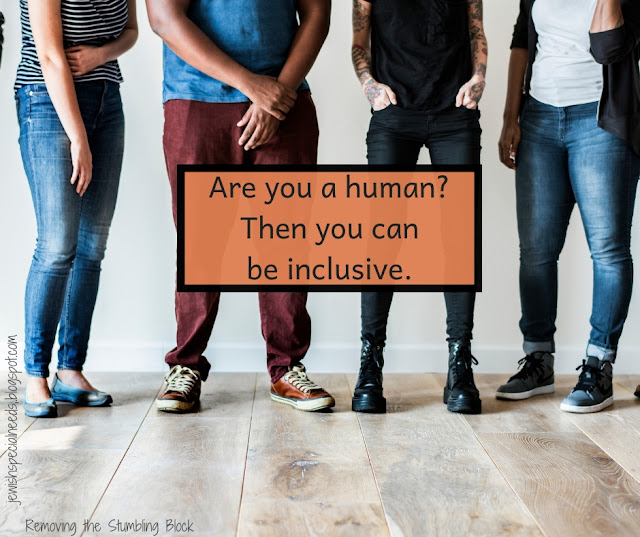An inclusive teen program benefits everyone.
Building an inclusive program for teens will be challenging if you don't personally embrace a philosophy of inclusion. Unless you truly believe in the value of inclusion across every experience, you are bound to get stuck in notions such as, "Having her there takes something away from the other teens," or, "They shouldn't always have to look out for him." Such fallacies will persist until teen educators embrace the value of inclusion and recognize that an inclusive community is a stronger community for everyone.
A highlight of my work in Jewish educator is leading informal experiences with teens. I relish each opportunity to teach, guide, mentor, counsel, and support this age group. And I am exceptionally proud of the unique model we have built in our congregation. We have created a structure that affords all students, regardless of ability or need, the opportunity to participate fully. Including overnight experiences. And it works.
Synagogues across North America continue to lament a significant decrease in engagement with Jewish life after bar and bat mitzvah, but when you ensure that the post b’nei mitzvah program is fully inclusive, you maximize opportunities to continue learning, growing and engaging with Jewish life experiences for all teens. Further, there will be opportunity to socially engineer relationships between teens, and you will help to maximize their potential for developing strong Jewish friendships.
Professor
Steven M. Cohen states, “Jewish educators should have an explicit mission to bestow Jewish
friendship networks on children and adults who are increasingly unlikely to
find them on their own.”
Teens with disabilities are entitled to the same Jewish opportunities that their peers experience. Inclusive teen experiences are necessary, important and entirely possible.
Sign up here to be sure you never miss a post from Removing the Stumbling Block:
Contact me to learn more about how to build an inclusive teen community.
Sign up here to be sure you never miss a post from Removing the Stumbling Block:







